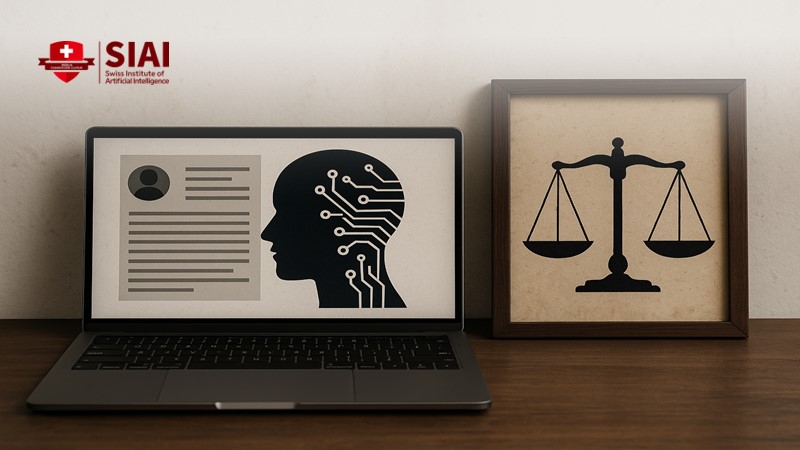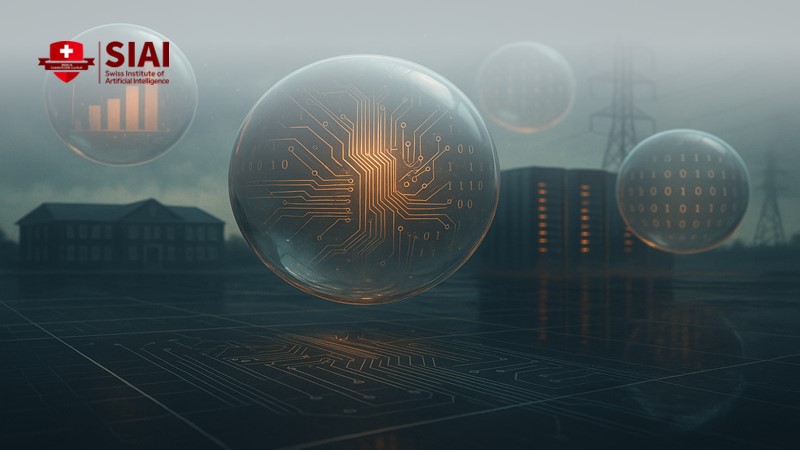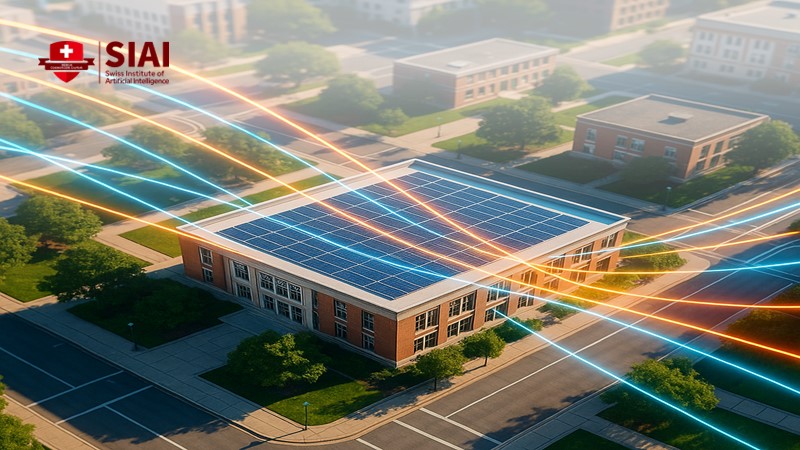
Agent AI is uneven—pilot before student use Start with internal, reversible staff workflows, add human-in-the-loop and logs Follow EU AI Act/NIST; publish metrics; scale only after proof School leaders should pay attention to
Read More
Sovereign AI is public infrastructure for education Countries blend open models and public compute to localize and cut dependence Schools need shared data, transparent tests, and energy-smart procurement In late 2025, South Korea annou
Read More
The US funds fabs but lacks skilled workers Asian firms plug gaps with temporary foreign technicians Real fix: serious US semiconductor workforce training The fight for factory jobs in the United States has become a struggle
Read More
AI hiring discrimination comes from human design choices, not neutral machines “Autonomous” systems let organizations hide responsibility while deepening bias Education institutions must demand audited, accountable AI hiring tools that protect fair opportunity
Read More
Spatial intelligence in education measurably boosts maths and STEM outcomes Use world models, but prioritize curriculum, tasks, and teacher practice Fund weekly spatial lessons and assess visual reasoning to scale
Read More
AI grief companions—digital twins—can ethically support mourning when clearly labeled and consent-based Recent evidence shows chatbots modestly reduce distress and can augment scarce grief care Regulate with strong disclosure, consent, and safety standards instead of bans
Read More
Optimization isn’t segregation Impose variance thresholds and independent audits Require delivery reports and fairness controls The key statistic in the public debate isn't about clicks or conversions.
Read More
AI spending is soaring, but unit economics remain weak for education Rising data-center capex and power costs will push up subscription and utility bills Schools should buy outcomes, not hype—tie payments to verified learning gains
Read More
AI agents in education boost learning while cutting time Build home-first workflows for practice, planning, and records Scale with evidence and guardrails to protect equity and trust One data point should change our think
Read More
U.S. spin-off narrows feeds Students lose global views Mandate diversity metrics, open datasets TikTok reaches millions of Americans every day, and a significant number are students. In 2024, Pew found that 58% of U.S.
Read More
Korea excels at teen “creative thinking,” but adults lag in adaptive problem solving Generative AI automates routine tasks, so value shifts to AI cognitive extensions—framing, modeling, and auditing Reform exams, classroom routines, and admissions to reward those extensions, or the test-prep edge will fade
Read More
Quantum Echoes delivered a verified 13,000× speedup, elevating quantum chaos education Curricula should pivot from qubit counts to competence in echoes, OTOCs, and noise Fund teacher PD, simple cloud labs, and artifact-based assessment
Read More
AI-assisted teaching is the reform, not the threat Shift assessment from answer-hunting to reasoning and disclosure Train every teacher and set simple norms so AI boosts equity and learning A single statistic should reframe the
Read More
Undersea cable security is now core education infrastructure in Southeast Asia Taiwan’s 2025 cable disruptions show how gray-zone incidents can cut classes, exams, and research ASEAN must build redundancy and protect its seabed links
Read More
A DNA search engine replaces lists with graph-native matching MetaGraph proves scalable, fast, accurate, and low-cost sequence search Education should adopt path-based search with strong data governance Public archives now hold
Read More
AI tongue diagnosis turns a centuries-old check into fast, cheap triage With phones and clear protocols, it flags likely risks for confirmatory tests Deploy in primary care with consent, calibration, and monitoring to scale safely
Read More
Smartphone bans offer a blueprint for AI policy in schools Use age-tiered access, strict privacy, and teacher oversight Evaluate results publicly to protect attention, equity, and integrity Let's begin with a significant figu
Read More
AI energy use is rising, but efficiency per task is collapsing Education improves outcomes by optimizing energy usage and focusing on small models.Do this, and costs and emissions fall while learning quality holds The key fig
Read More
AI is collapsing routine “middle” software work as adoption soars Schools must teach systems thinking, safe AI use, and verification-first delivery Employers will favor small, senior-led teams; therefore, curricula must reflect this reality
Read More












